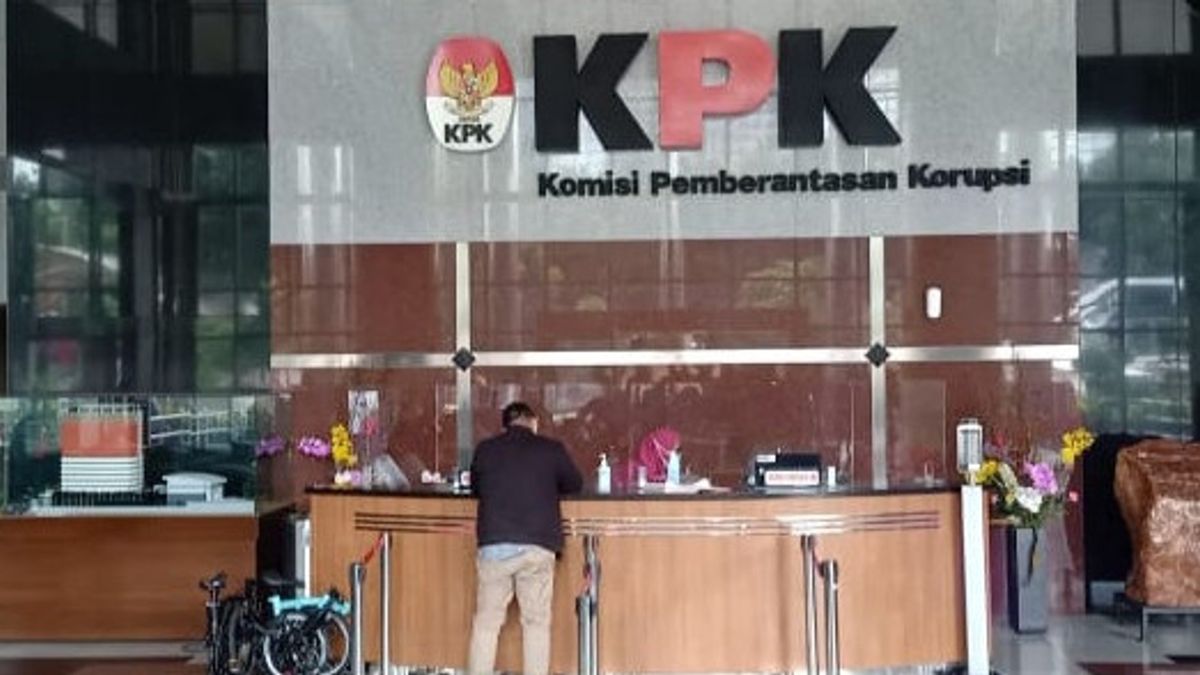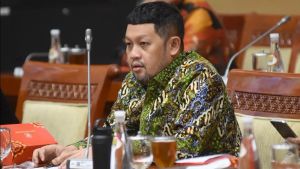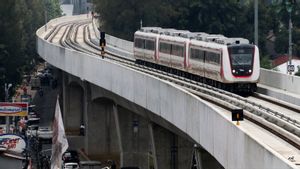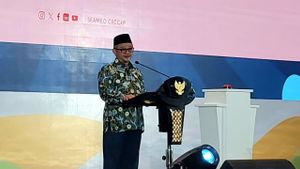JAKARTA - The head of the Corruption Eradication Commission (KPK) is advised to revoke the official travel rules that regulate the cost of official travel for employees to be paid by the organizing committee. This revocation was deemed necessary to maintain the credibility and independence of the anti-corruption commission.
"Before this official travel regulation damages KPK employees, my suggestion is to just revoke it," said the former Director of Inter-Commission and Institutional Network Development (PJKAKI) Sujanarko to reporters, Tuesday, August 10.
According to him, it will be difficult for KPK employees to maintain credibility, authority, and independence if this official travel regulation is implemented. Moreover, in the future they can get facilities such as pick-up and drop-off, financed by the hotel, and even food, which has never happened before.
So that in the future this can lead to new complications related to the implementation of the code of ethics by KPK employees. "For example, the committee's banquet in a restaurant, luxurious hospitality or excessive reception will be difficult to avoid," said Koko or Sujanarko's nickname.
"Even though in corporations or SOEs, luxurious hospitality has been banned, but in the new Commission's Office Travel Perkom, it is not regulated at all," he added.
Furthermore, Koko as he is familiarly known, also explained that the Corruption Eradication Commission Regulation (Perkom) Number 7 of 2012 concerning Official Travel within the KPK is very different from the KPK Leadership Regulation (Perpim) Number 6 of 2021.
This was conveyed to answer the KPK's excuse that the official travel expenses borne by the organizing committee had been running since 2012. According to him, Perkom Number 7 of 2012 stipulates clear limits in the financing of official travel as stipulated in Article 3 letter g. In the article it is explained that the components of official travel costs are paid by other parties/agencies, so the components of costs that have been borne are no longer charged to the commission budget.
"It is clear that the contents of Perkom 7 of 2012 are different from Perpim 6 of 2021. The spirit of the old Perkom is that all financing is financed by the KPK by applying clear boundaries, but accommodating if there is financing from other institutions, it is regulated in a very limited manner, conditionally," he said.
The KPK before Firli Bahuri et al, continued Koko, had never been financed by other institutions' budgets in order to maintain independence and avoid conflicts of interest. "Meanwhile, the new Perpim hopes to be financed by the inviting committee," he said.
In the future, he expects that many regions will budget to invite the anti-corruption commission as a resource person. "And the KPK does not have the tools to verify regional budgets related to the interests of eradicating corruption," concluded Koko.
The English, Chinese, Japanese, Arabic, and French versions are automatically generated by the AI. So there may still be inaccuracies in translating, please always see Indonesian as our main language. (system supported by DigitalSiber.id)













